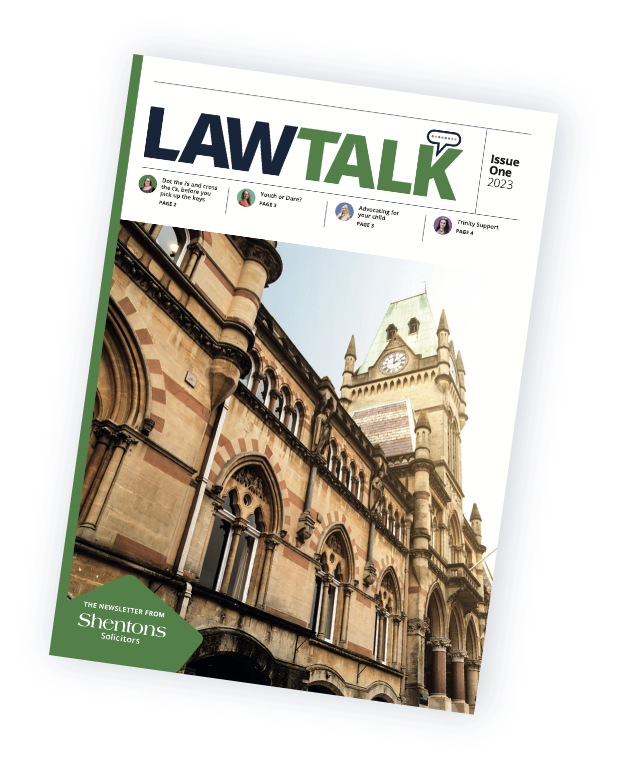
DVLA rethinks strategy as Ghost Plates present a spectral challenge for road safety.
Across the UK, Automatic Number Plate Recognition (ANPR) systems have been introduced to combat the rising issue of cloned numberplates. Offenders are attempting to exploit these systems to evade financial penalties and avoid being prosecuted by creating copies of an existing number plate, but ANPR systems are steadily putting a stop to this behaviour and deterring potential offenders. However, a rise of ‘Ghost Plates’ have revealed a significant flaw in this modern technology leading the DVLA to go back to the drawing board.
‘Ghost Plates’ are modified number plates that use reflective sprays or films that prevent the plate being scanned by ANPR cameras. This effect is accomplished due to the reflective material concealing the details under the infrared light, which the ANPR cameras use to detect unsafe road users.
The 2021 British Standard requires every number plate to be detectable by all road safety equipment, failing to comply with this can amount to a criminal offence. The penalty for modified plates is a fine of up to £100, but no penalty points, however, changes are being considered to enforce stricter punishments. Critics argue that the current fine is an insufficient punishment to deter road users from using ghost plates, especially considering the material is easily accessible to the public.
If you have been the victim of someone cloning your plate or need advice with any other Road Traffic matter please contact our team today on 01962 844544.
All our latest news, articles, interviews, tips and more.
